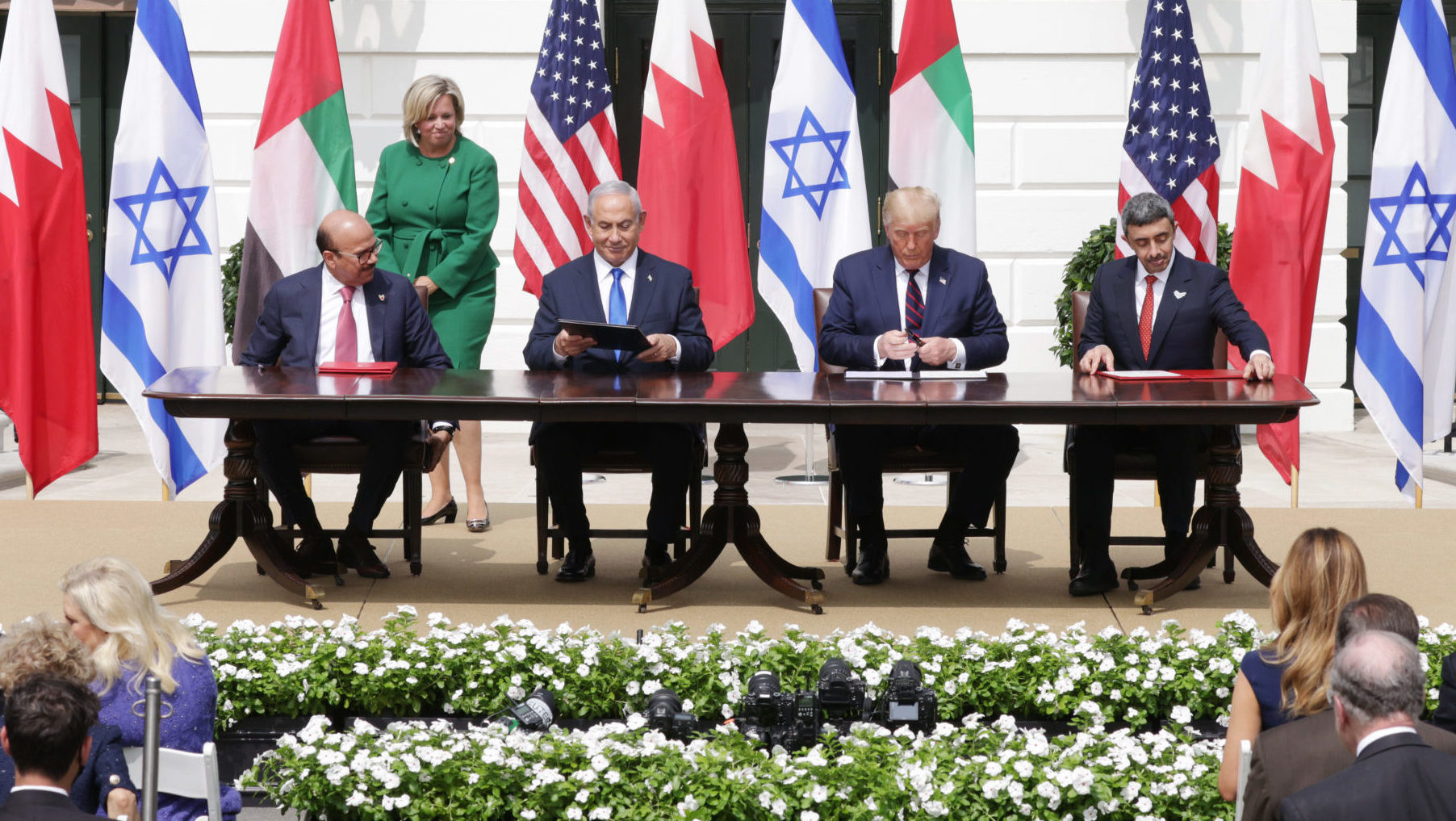Assessing Collateral Damage From Libyan ‘Debacle’
Middle East watchers are anxiously seeking signs of damage to the 2020 Abraham Accords following what is being called this week’s “debacle” in Libya.
Israeli Foreign Minister Eli Cohen managed to hold a secret meeting in Italy with his Libyan counterpart, an act that might have been seen as courageous and far-reaching had Cohen not issued a post-meeting press release, in the words of some, “bragging” about the achievement.
This holiday season, give to:
Truth and understanding
The Media Line's intrepid correspondents are in Israel, Gaza, Lebanon, Syria and Pakistan providing first-person reporting.
They all said they cover it.
We see it.
We report with just one agenda: the truth.


The response was immediate and unequivocal: Libyan Foreign Minister Najla El Mangoush was removed from office by Prime Minister Abdul Hamid Dbeibeh, who showed up at the Palestinian Embassy in Tripoli to promise that no normalizations would occur from this event.
This leaves diplomats and pundits alike to ponder whether the blowback from otherwise effective diplomatic contacts, especially those that move into the heretofore taboo territory, will be a disincentive for further breakthroughs.
Adding to the downside, there appears to be adequate criticism to go around, including that of Israeli Prime Minister Benjamin Netanyahu.
Also of note on the Israeli side was criticism from the famed Mossad security agency, which many suggested was unwelcome in the political sector. For Libya’s part, with a split government, most dismiss a role as regional peacemaker.

